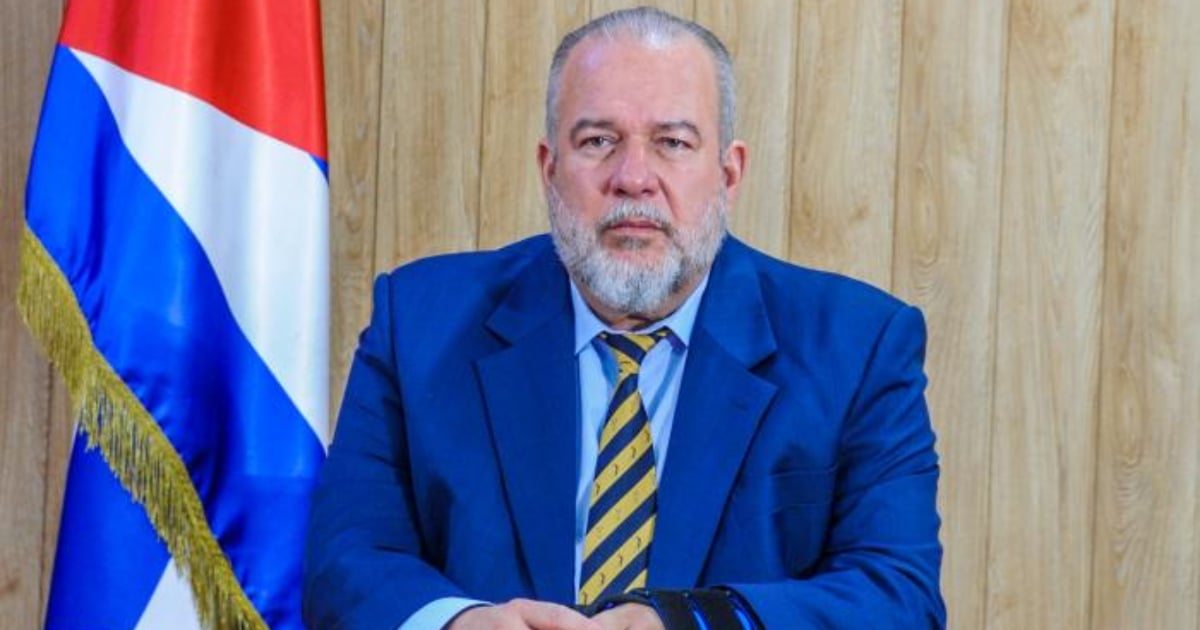
Related videos:
The Cuban government anticipates another significant budget deficit for Cuba in 2025, similar to this year and the two previous years.
Prime Minister Manuel Marrero announced on Wednesday that a deficit of 88.5 billion Cuban pesos (3.6875 billion dollars, at the official exchange rate for legal entities) is expected.
Marrero spoke during the session of the National Assembly of People's Power (ANPP), where the deputies are set to approve the Budget Law project for 2025. The amount of 88,500 million pesos represents 60% of the plan and 98.2% of the estimated for 2024.
According to the executive, Havana, Mayabeque, Matanzas, and Villa Clara conclude the year as surplus provinces (with no deficits). Together, they account for 55 municipalities. Compared to 2023, this represents an increase of two provinces and 20 municipalities.
Last week, during the Plenary of the Central Committee of the Party, Marrero announced that the deficit for this year is expected to be around 90 billion pesos, 57 billion less than initially anticipated.
On that occasion, the leader acknowledged that a year after implementing his plan to correct distortions and reinvigorate the economy, the expected results have not been achieved.
The Prime Minister acknowledged that the Cuban economy continues to face serious challenges in areas such as fiscal policy, the development of the socialist state enterprise, and national production, the latter being hampered by a lack of supplies, fuel, and energy. The results of the sugar harvest, which is crucial for the economy, were particularly disappointing.
In other matters that the population is more concerned about, such as prices, the reduction of subsidies, and tax control, the measures implemented have had a limited impact.
Frequently Asked Questions about the Cuban Economy and Its Budget Deficit
Frequently Asked Questions about the Cuban Economy and Its Budget Deficit
What is the budget deficit anticipated by the Cuban government for 2025?
The Cuban regime forecasts a budget deficit of 88.5 billion Cuban pesos (approximately 3.6875 billion dollars) for 2025. This figure represents 60% of the plan and 98.2% of the estimate for 2024, reflecting the continuation of a trend of high deficits in recent years.
Why has the Cuban regime's economic plan not yielded the expected results?
The economic plan of the Cuban regime has not yielded the expected results due to the ongoing structural crisis in the country, the shortage of basic supplies, the energy crisis, and the impact of the U.S. embargo. Despite several attempts at reform, the economy continues to face serious challenges, with the measures implemented having a limited effect.
Which Cuban provinces ended 2024 without a budget deficit?
In 2024, the provinces of La Habana, Mayabeque, Matanzas, and Villa Clara closed without a budget deficit, totaling 55 municipalities. These surplus provinces have increased in number compared to previous years, although the overall context remains one of economic crisis.
What are the main difficulties facing the Cuban economy in 2025?
The main challenges facing the Cuban economy in 2025 include a shortage of supplies, fuels, and energy, as well as an outdated production system and the global financial crisis. The sugar harvest, a key sector, has been particularly disappointing, and the measures implemented to revitalize the economy have had a limited effect.
What measures is the Cuban government proposing to address the economic crisis?
The Cuban government proposes to strengthen national production, expand the range of state goods and services, and modernize the business system. However, so far, these measures have not managed to resolve the structural problems of the economy or significantly improve the daily lives of Cubans.
Archived in: